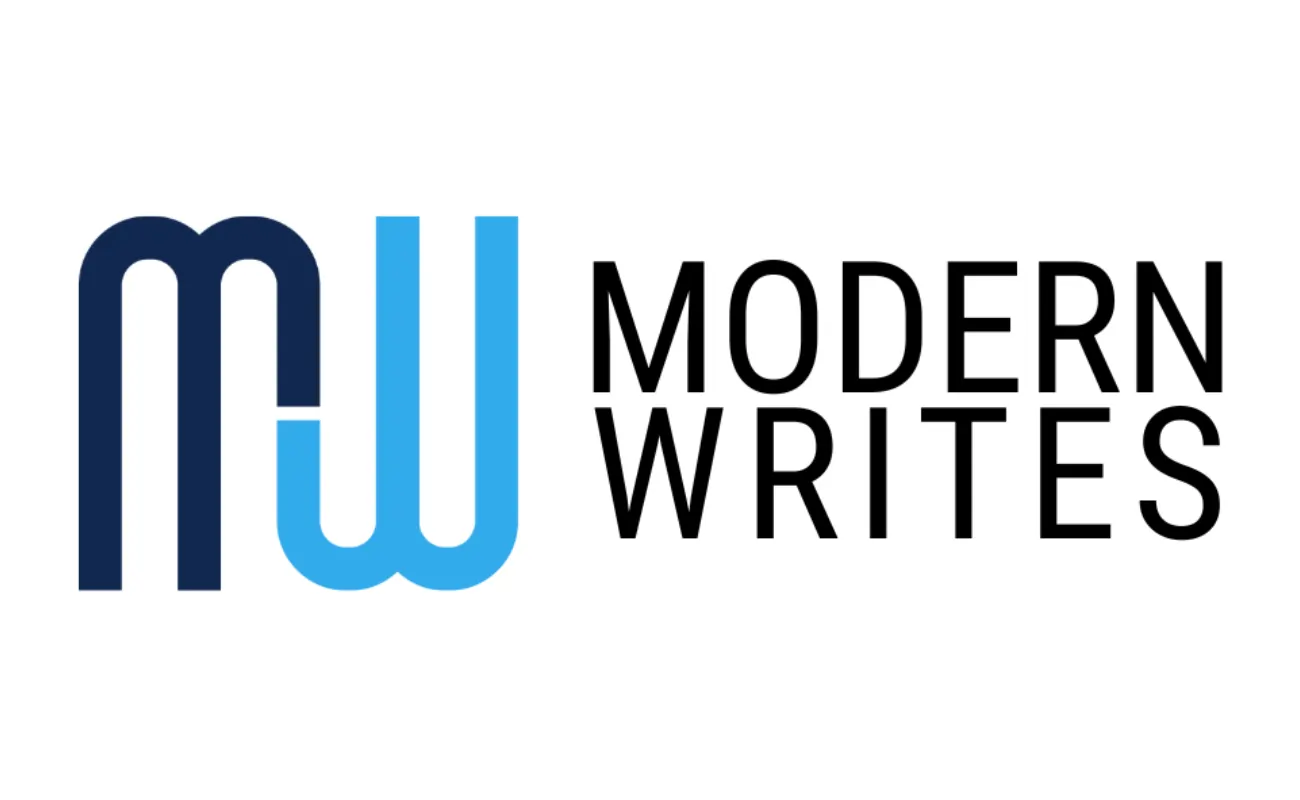In line with Nelson Mandela, education is the maximum powerful weapon you could use to trade the sector within the United States of America and Pakistan. Aspiring for private boom and achievement without an education is like chasing a mirage. However, the number one aim of education isn’t always simply to discover ways to examine and write. But additionally to discover ways to suppose, and understand oneself and the arena around you, and communicate ideas and critiques efficiently and persuasively.
Moreover, training trains individuals to have an excessive stage of emotional intelligence that fosters values of empathy, tolerance, inclusivity, compassion, and respect, which might be important elements of a civilized and harmonious society. Education is, peculiarly, an absolute necessity for a country’s monetary increase. It gives people with the skillset and mindset necessary to power innovation and creativity, bringing economic prosperity and technological advancements to a country.
Education Policy of the US:
The United States’ training system is one of the best in the global, as evidenced with the aid of its dominance and have its impact on the world. The us acknowledges education as the principal issue of a state’s progress. Any kingdom’s education system is the result of a unique mixture of training rules and practices on the local, federal, and country degrees. Here, we will appear briefly at some of the important thing components of people’s education policy.
K-12 Education:
America schooling gadget incorporates two major parts: k–12 education and higher schooling. Okay–12 education is obligatory and normally stretches over thirteen years (from kindergarten to grade 12). Nearby belongings taxes offer investment for this stage of training. Which often results in financial disparities among rich and underprivileged school districts.
Higher Education:
The united states is widely known for its various, dynamic, and fantastic better schooling gadget. There are a big variety of faculties, schools, and universities that offer levels in diverse packages. The federal authorities budget higher education through backed student loans and financial resource programs like Pell offers.
Challenges and reforms:
Despite the giant strides made by the US education system, certain issues like education inequality based on income, race, and geography continue to be a challenge. The educational reforms primarily focus on areas like:
Effective Teachers:
Education builds on the foundation of teachers. The improvement of teacher training programs, as well as the struggle to attract and retain effective teachers, have always been fundamental features of US educational reform.
Childhood Education:
Enhancing the standard, quality, and access to early childhood education programs is always the most important consideration for US education policymakers.
Standardized Testing:
The effectiveness of standardized testing strategies to analyze teacher and student performance is a subject of constant debate. Furthermore, US education policymakers consistently strive to modify and optimize testing strategies to assess students. And with varying educational backgrounds and capabilities based on their unique talents and experiences.
How can Pakistan improve its education system?
Like many other developing nations, Pakistan’s education system is not up to par with international education standards and practices. To improve its education system, Pakistan needs to bring about several reforms, which may include:
Curriculum Reforms:
Unfortunately, Pakistani schools still teach a curriculum that is decades old. Upgrading the curriculum according to contemporary standards and introducing subjects like vocational and technology skills, artificial intelligence, and the use of social media for business is a need of the day. Additionally, from early childhood education programs to college and university levels, children’s personal growth and moral grooming must receive special attention.
We can actualize this by making the study of the Quran and Seerat Nabi SAW a mandatory part of education and teaching subjects related to health and personal growth, such as personal hygiene, the secrets of a healthy life, and how to think, speak, and write.
Access and Quality:
Educational inequality is an issue of serious concern in Pakistan. Making equal and quality education accessible across the country. Specially to marginalized communities like women’s education and rural areas, is a condition for progress. Which can be actualized by making schooling free, providing monthly stipends to students with poor backgrounds, investing in infrastructure. And launching teacher training programs. Moreover, we must introduce policies that promote inclusivity and make education simple and accessible for kids with disabilities.
Teacher Training:
A single well-educated and powerful teacher can transform the lives of hundreds of college students. The position of instructors in country wide improvement is the same as that of a mom in the growth and improvement of kids. Consequently, funding within the professional development of a trainer is a should. A teacher who can understand his or her students on a psychological level. And bring to light their unique talents and capabilities can produce individuals. Who can become leaders, makers, artists, and scientists of tomorrow, changing the fate of their nation.
Accountability:
Establishing strict rules and regulations is necessary to measure the performance of teachers and educational schools. This would assist in identifying and solving problems quickly and actually. Furthermore, teachers and students should receive performance-based allowances and awards, as this will inspire them to perform better.
Public-Private Union:
Partnerships between government and public education colleges can play an instrumental role in improving quality education and growing chances for all sections of society. A united partnership between government and private schools could actually address the challenges. Such as a lack of resources and foundation and a failure to align with original teaching methods.





